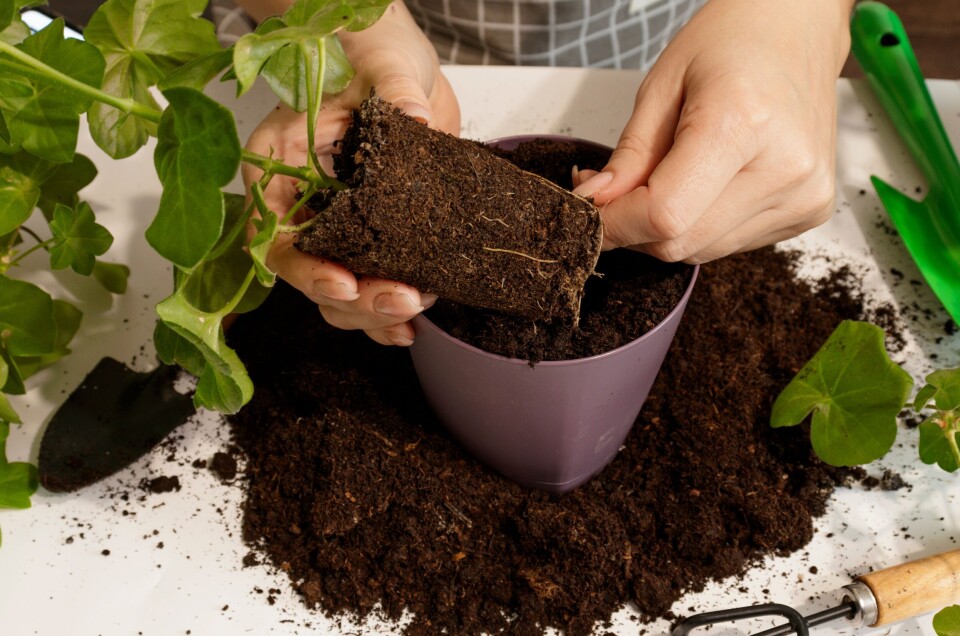-
Mimosa is pretty…but ‘posing threat to biodiversity’ in south of France
The flowers are prized in the region, but not everyone is thrilled to see their spread
-
Second-home owners: French MPs and senators relaunch efforts for visa concessions
French lawmakers push for a simpler process for Britons post-Brexit
-
French police can check your home (and elderly relatives) when you are away
Here is how to sign up for the service, as well as a special check for elderly people. Plus, advice on how to avoid ‘fake police’ scams
Can I bring plants into France for garden at my second home?
The rules and regulations are in general very strict, though imports of some items are in theory possible

Reader question: I want to bring some plants from my main home to plant at my second home in France. Are there restrictions?
There are regulations that cover bringing plants into France and the EU generally. Their strictness depends on what exactly you are importing, but for most ‘plants’ it is highly regulated.
In your context, we are talking about bringing them in for private or personal use, rather than for commercial purposes.
However, in general, it is forbidden to bring anything containing soil (including plants bought at garden centres or dug up from your own home) or most other substrates, though EU regulations note an exception for peat or coconut fibre not previously used for growing plants or agriculture.
It is also forbidden to bring plant food into the EU, as these products contain bone or bovine materials.
It is, in theory, possible to bring some products, such as seeds, bulbs, flowers, flower stems, and fresh or refrigerated fruit, vegetables, and root plants (ginger, yams, cassava, etc) – however, unfortunately, the regulations make it difficult to do so for members of the public bringing in small quantities.
In most cases, you need to present a plant health certificate from the country of origin when travelling, and if you intend to use seedlings for planting out, then a plant health inspection is also required when entering the EU (you must declare them at the entry point for inspection).
There are, however, no quantity limits on what you can bring in, in this case.
Obtaining a plant certificate for export usually requires registration on a website and then an inspection of the goods and a fee.
You can find more information about the plant inspection service here through the UK Agriculture Ministry’s website, and here is more information from French customs about what animal, food, and plant products you can bring into the EU
The following fruits – bananas, durians, coconuts, pineapples and dates – do not require a declaration to be brought into the EU and can be freely imported.
How do I get a plant health certificate?
Unfortunately, it is quite difficult to get a plant health certificate, and it is mostly for those commercially exporting products to the EU.
In the case of exporting as a private citizen, and not a trader or commercial interest, the UK government recommends contacting them via an email address – planthealth.info@apha.gov.uk.to get more information.
The government also recommends contacting the French plant health authority to ask questions about the specific plants. You could also seek help from the Douanes (French customs) helpline, by phone or email.
Generally, however, these certificates can be expensive and most places will recommend buying the plants you want once already in France, or if unable to buy the plant/seeds in France, purchasing them for import through a professional company with the appropriate authorisations.
Most plants classified as rare or endangered (in the Convention on International Trade of Endangered Species) cannot be brought into the country whatsoever – but in some cases, if you have an export permit and a French import permit for the plant, it is possible.
Related articles
France wants to expand AI use to find undeclared verandas and sheds
Garden parties in France: Do I have to get permission to host one?
























